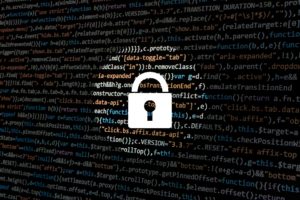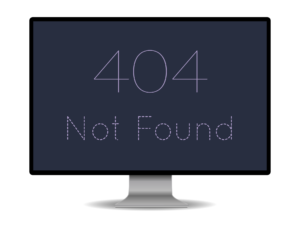One of the key features of electronic health records (EHRs) is their move from paper records to digital or electronic records. Currently, many hospitals, clinics, and various other health institutions are either primarily paper based, or use a mix of paper records and electronic records. Now the transition to electronic records does not define a system as an EHR, for that it still requires interoperability, but we’ll talk about that in a different module. For now we’re going to look at the differences between using paper and electronic records.
Watch the following two videos regarding digital and paper records, then read through the pros and cons below:
Access
Access is one of the big strengths of digital records. Where paper records require someone to go to the filing room to find the physical file, digital records can be accessed from almost anywhere with the correct login credentials, and just as easily shared.
- Paper records can only be accessed by one person at a time
- Digital records can be accessed by any number of people simultaneously
- Paper records need to be faxed in order for a physician to gain access to data not in their system
- Digital records “access” can be shared in a much shorter amount of time, limits can be set to how long it is available, etc.

Photo by Darwin Laganzon from Pixabay
Security
This is one of the major questions and issues regarding digital health records. Both paper and electronic have their strengths and weaknesses. Paper records, due to their limited access are harder to steal, however, digital records provide a footprint of anyone who has received access to the record, and so can show anyone accessing a record who shouldn’t be looking at it, or if the security of a record has been compromised, both weaknesses of paper records.
- Paper records require direct access for compromised security
- Digital records show logs of access
- Easy for practitioners to access paper records without anyone knowing, not so for digital
- Digital records notify when compromised, paper does not
Longevity
Paper, when stored correctly, is a medium that can last a very long time, longer than many digital copies. However, digital data can be easily replicated, with backups being stored at different locations, protecting it from corruption, damage from fire or misuse, or loss.
- Paper records last a long time
- Paper records can be lost, burn, be stolen, etc.
- Digital records can be replicated, with backups made for redundancy

Image by Mocho from Pixabay
Error Control
Digital records offer the benefit of encoding data so that a computer system can interpret it in a “smart” way. This means that if a physician prescribes a patient a medication that could interfere with a preexisting condition, or other medication, the computer system can flash a warning. There are many automations that and error controls that can be set up with digital records that are impossible with paper records. However, through studies it’s been shown that physicians are more likely to make errors when entering information in a computer than when writing it down.
- Digital records can allow for error control
- Paper records have no error prevention
- Physicians make less mistakes when writing on paper
Cost
Digital records are simply cheaper to buy and maintain than paper is, and every year digital storage becomes cheaper as paper storage becomes more expensive. The supplies to read digital records from can be more expensive though
Efficiency
It takes physicians less time to write down information on paper records, but electronic records can be accessed, shared, and saved significantly faster than their paper equivalent.
Activity – Kahoot!
With your EDCI 335 pod, visit the following link with a computer visible by everyone in order to find the activity for this module, and once selected, choose “Classic” mode.
The above link will take you to the quiz, and provide instructions for how each group member can join the contest. Each member will go to kahoot.it on a personal device (cellphone or laptop), and enter the game pin. Once all participants have entered, on the main computer, click start, and answer the questions!! Beware, faster answers get more points!
Share in the forum how well you did, and what you feel that you learned through this exercise.